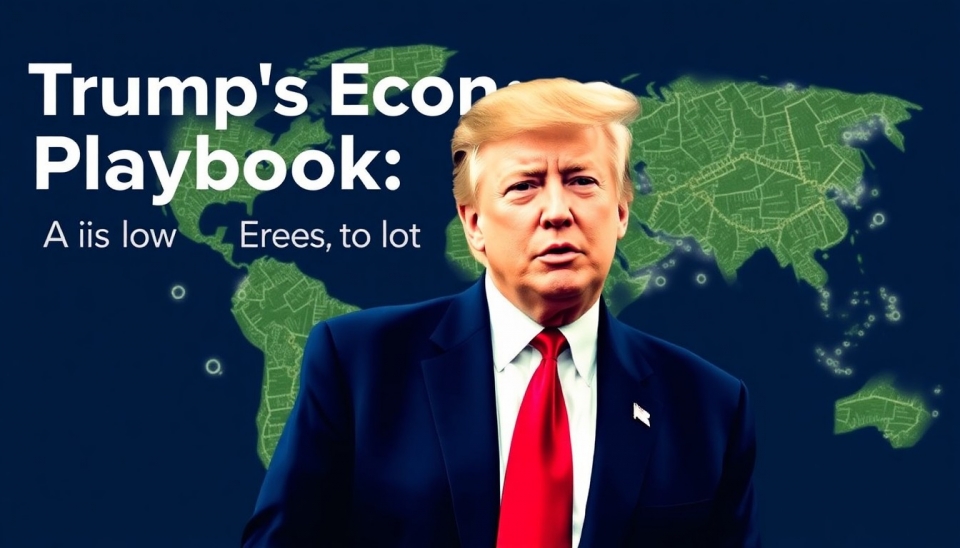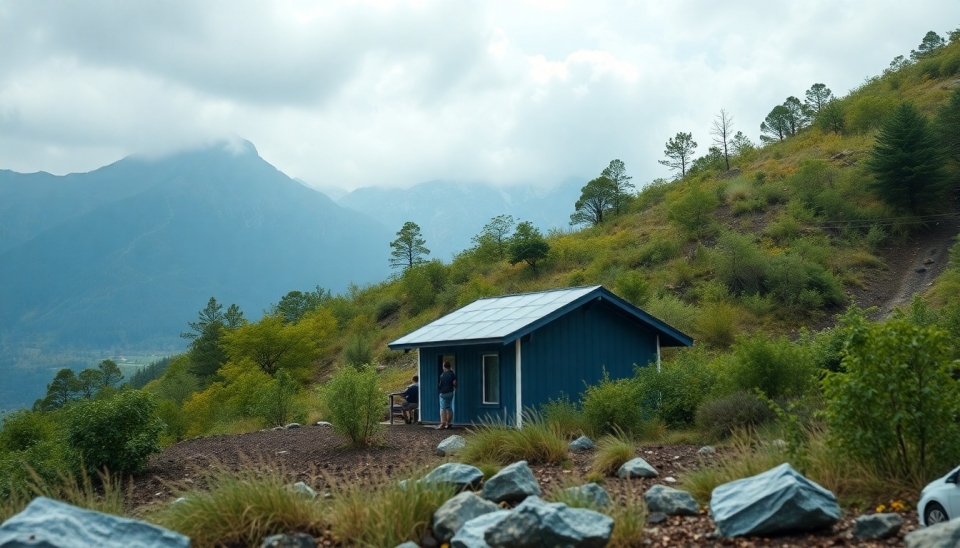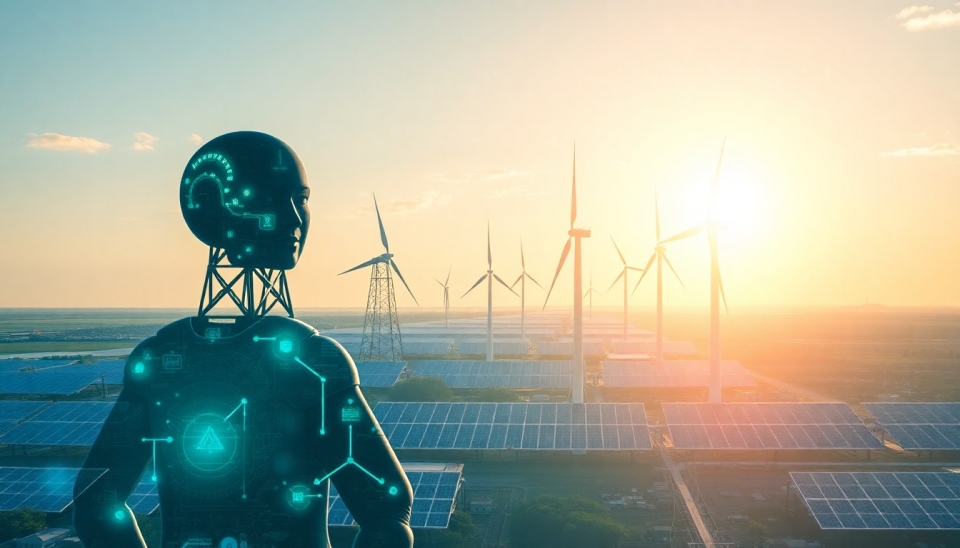
In recent months, former President Donald Trump's imposition of tariffs and executive orders has begun reshaping the landscape of climate technology investments, stirring considerable interest among investors and industry leaders. With his administration’s America First policy emphasis, the focus on domestic manufacturing has led to increased opportunities for clean energy firms, especially those engaged in innovative technological solutions to combat climate change.
Under Trump's directive, tariffs have been levied on a variety of imported goods, including solar panels and batteries - key components for renewable energy infrastructure. In response to these tariffs, domestic companies are ramping up production capacity, adjusting their business models to meet the needs of clients seeking more reliable and cost-effective sources of energy. This shift in strategy has catalyzed a surge in capital directed towards entrepreneurs and startups focused on developing advanced clean energy technologies.
Investors are showing a growing appetite for companies that prioritize sustainability, as the demand for cleaner energy alternatives continues to rise. Energy independence is not just a priority for large corporations; small and medium-sized enterprises are taking heed, pivoting towards greener practices to align with market trends. As a result, the climate tech sector is expected to thrive amid the burgeoning support from both public policies and private investors.
Meanwhile, the former President’s executive orders have encouraged advancements in technology that aim to mitigate climate issues. By fostering domestic innovation, Trump’s policies have indirectly amplified the competitiveness of U.S. companies in the global market for climate technologies. With numerous industries facing inevitable transitions, agility is paramount, and firms focusing on sustainable solutions and practices are seeing fruitful returns on investment.
Prominent venture capitalists and private equity firms are actively seeking partnerships with clean tech companies, seeing them as not just socially responsible investments, but also highly lucrative opportunities. As industries look to comply with new regulations and shift towards sustainable models, this influx of capital can potentially unlock groundbreaking innovations that were previously stalled by financial uncertainties.
Climate tech investments are becoming increasingly attractive, especially as the government signals its commitment to fostering a supportive environment for green initiatives. This trend is mirrored by a growing wave of grassroots activism pushing for environmental reform, raising awareness around the necessity for sustainable industry practices. Collectively, these factors indicate that the future of climate tech investing under Trump's economic policies may usher in a transformative era, merging fiscal responsibility with ecological stewardship.
As the effects of tariffs and orders continue to ripple through various sectors, observers are keenly watching how these policies will shape corporate strategies and public expenditure in the years to come. The intersection of economic policy and environmental accountability is becoming more pronounced, suggesting that the dialogue around climate technology investment will only intensify as stakeholders aim to navigate the complexities of this evolving landscape.
The continuous evolution of the climate tech sector, propelled by Trump's administration's economic strategies, underlines a crucial shift in understanding how investment and innovation can coexist, promoting both growth and sustainability while maintaining a competitive edge on the international stage.
Investors and environmental advocates alike are optimistic that with a concerted effort to prioritize domestic production and innovation in climate tech, the United States may not only lead the charge in tackling climate change but also cultivate a robust economic model that enhances both profitability and environmental responsibility.
As we witness this dynamic unfolding, the question remains: will this surge in climate tech investment secure long-term sustainability and innovation in an era marked by rapid change and environmental advocacy?
#ClimateTech #DonaldTrump #Investing #CleanEnergy #SustainableInvesting #Tariffs #Innovation #EconomicPolicy
Author: Emily Collins



